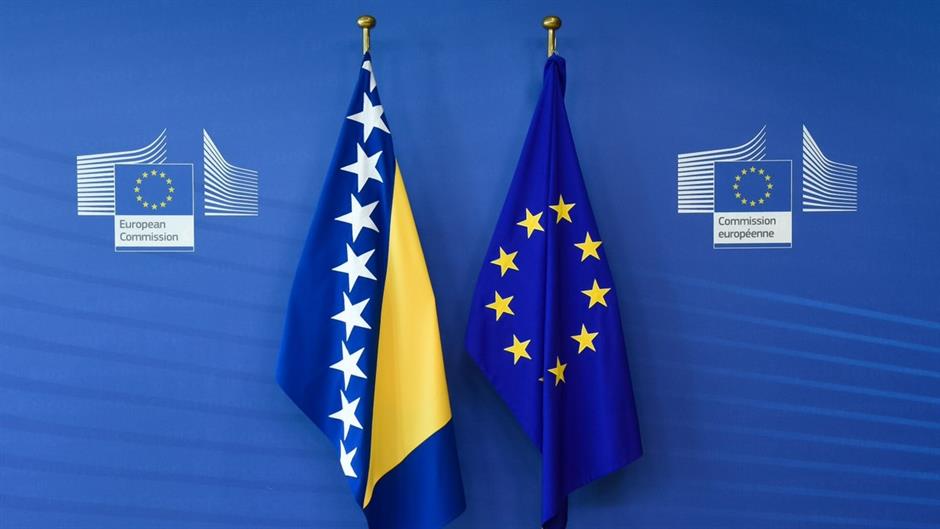
The High Judicial and Prosecutorial Council of Bosnia and Herzegovina (HJPC) has the crucial task of ensuring the independence of the judiciary and guaranteeing the proper functioning of the entire judicial system in the country, the European Union’s office in Sarajevo said following the session of Bosnia’s top judicial body on Thursday, whose members called on its President to “consider resigning.”
The Council members concluded that President Milan Tegeltija “should consider resigning” after local media published a recording that allegedly appears to prove his involvement in influence-peddling, adding that the allegations “damaged relations with all international partners.”
The institution’s reputation has been “seriously shaken”, one of those international partners, the European Union’s Delegation to Bosnia and Herzegovina said.
“Regretfully, the reputation of this institution has been seriously shaken by corruption allegations against its President. The gravity of the most recent allegations casts doubt on the President’s ability to lead the HJPC and the BiH judiciary. They damage the credibility and the integrity of the HJPC and all honest, hardworking, professional judicial office holders in the country. It was good to see that there were real and critical discussions at today’s extraordinary HJPC session,” the EU’s office stressed.
It emphasised the HJPC must always demonstrate “the highest professional and ethical standards and lead by the example.”
The EU’s Delegation called on the President to “act responsibly and protect the HJPC institution by heeding the calls of the Council members for his resignation, in order to prevent further prolongation of the crisis in the entire judiciary and to help restore public trust.”
“The lack of appropriate action would be a slap in the face of the citizens and judicial community, including the HJPC members that properly serve the institution. It would also seriously undermine the country’s ability to uphold European standards on the rule of the law concerning the independence and integrity of the judiciary,” it concluded.
Kakvo je tvoje mišljenje o ovome?
Učestvuj u diskusiji ili pročitaj komentare





 Srbija
Srbija
 Hrvatska
Hrvatska
 Slovenija
Slovenija







